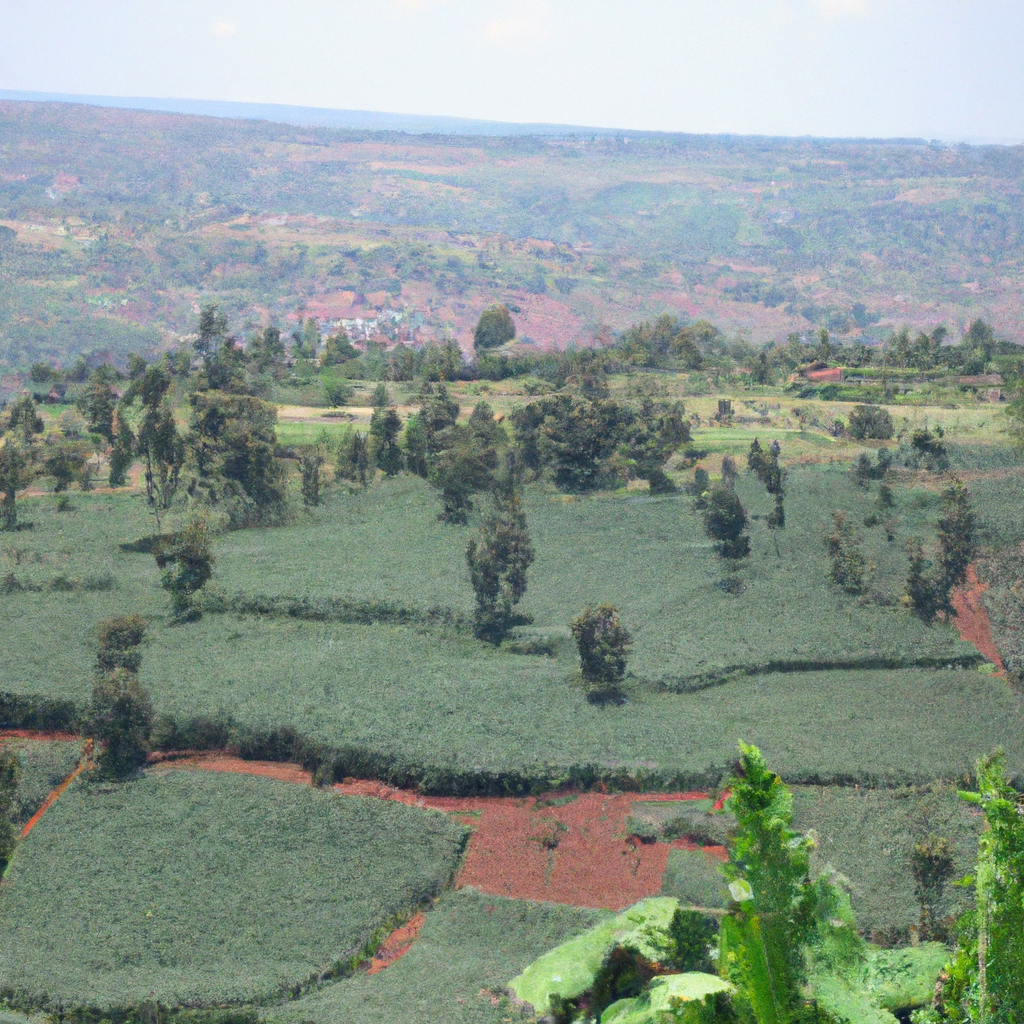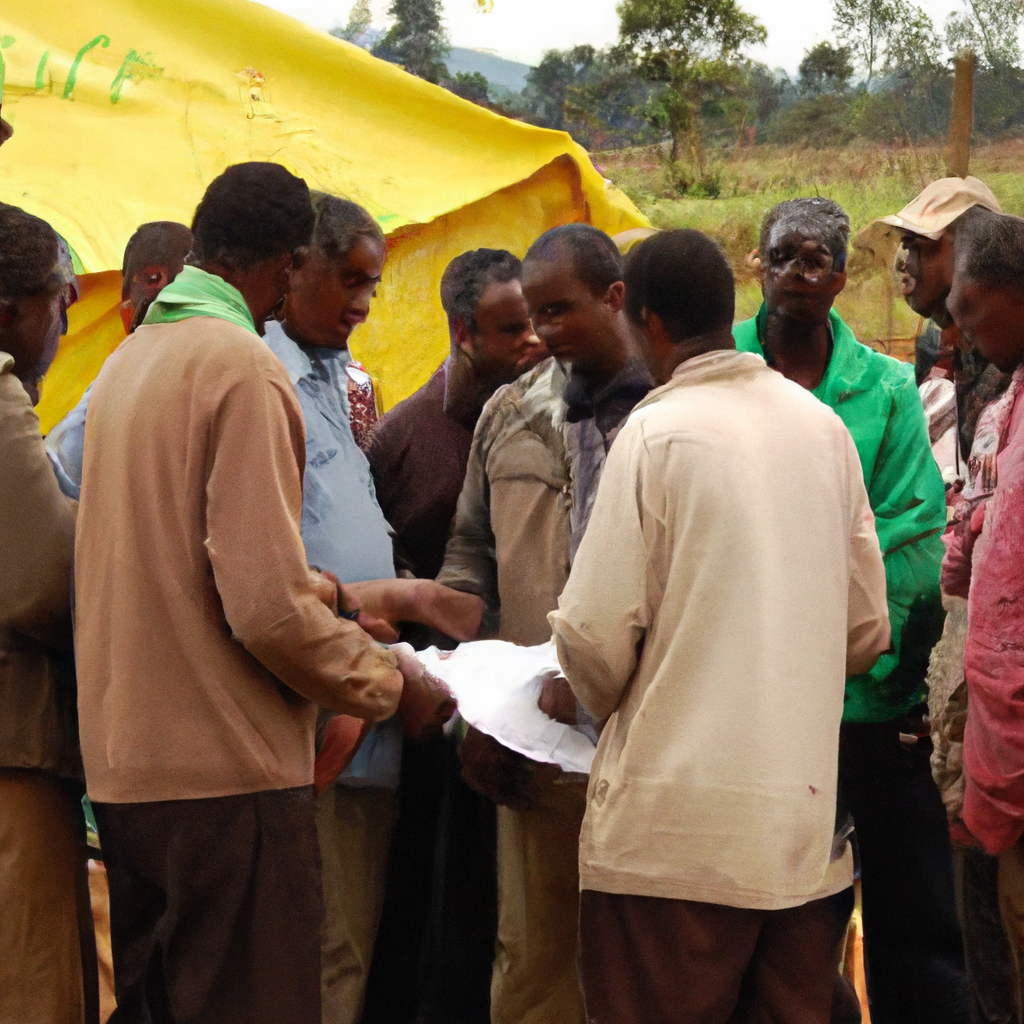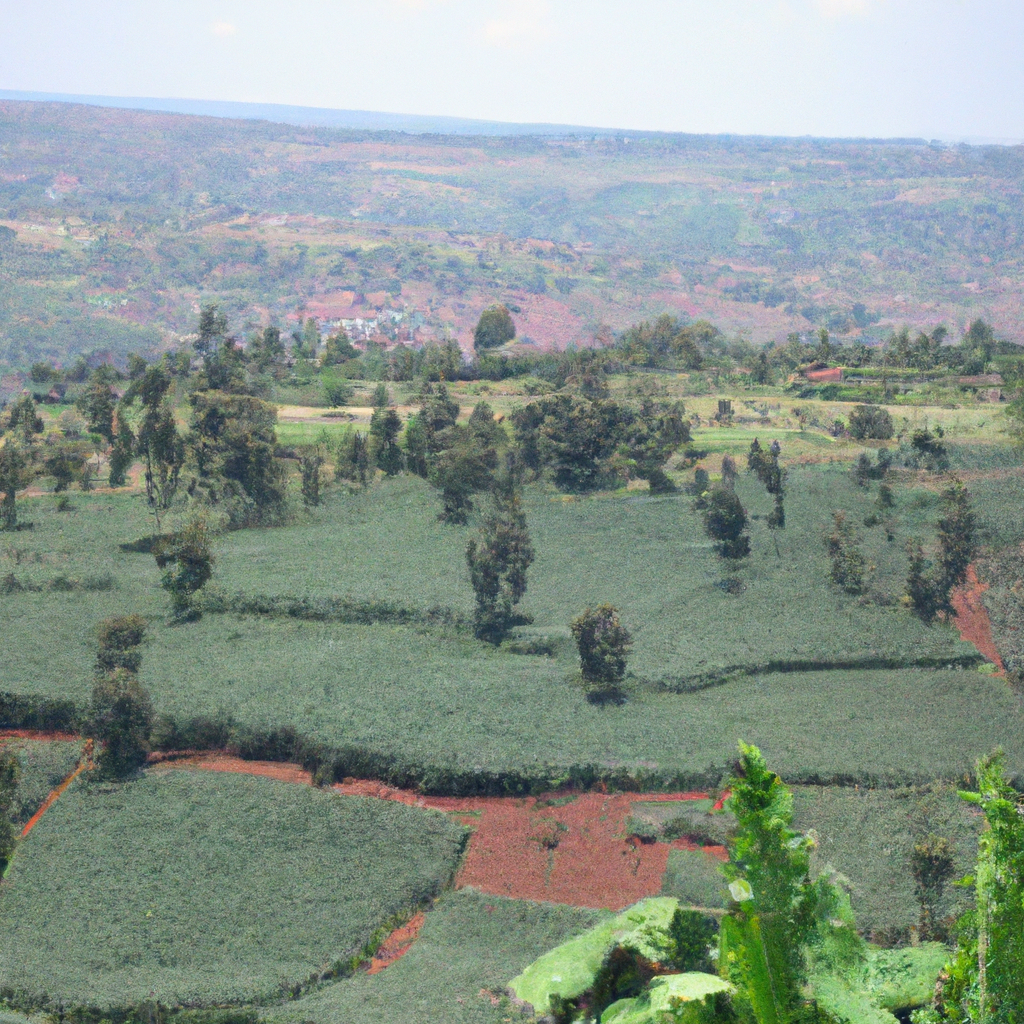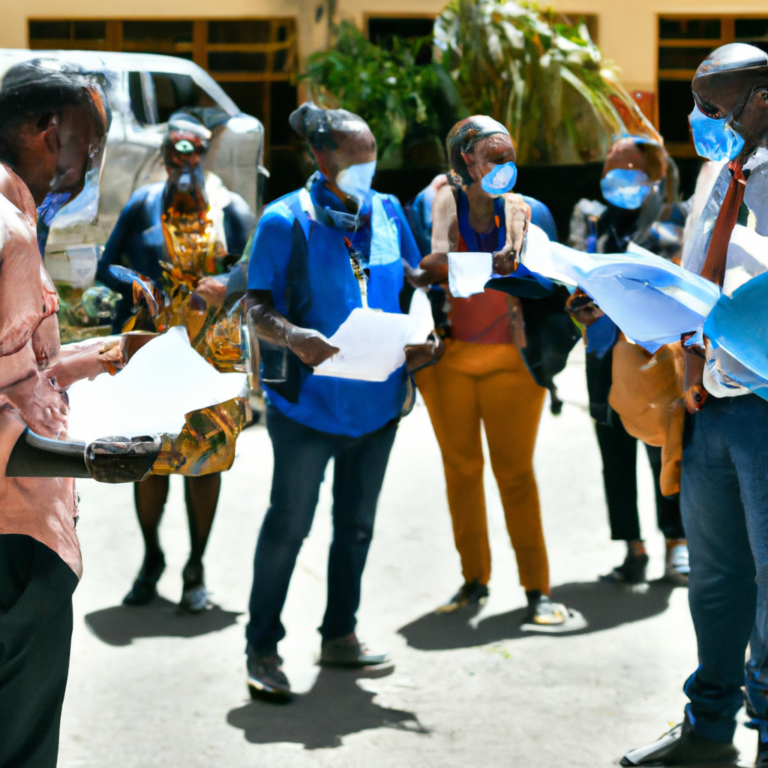How Has Kenya Addressed Issues Of Land Rights And Ownership?
In this article, we will explore how Kenya has successfully tackled the complex challenges surrounding land rights and ownership. With a focus on ensuring fairness and equality, Kenya has implemented various strategies and policies to address this issue head-on. Diving into the history and current initiatives, we will uncover the innovative approaches that have been employed to protect individuals’ rights and promote responsible land management in the country. So, join us as we uncover the remarkable strides Kenya has made in addressing these crucial concerns.

Historical Context
Colonial Land Policies
During the colonial period, Kenya experienced significant land dispossession and displacement, as land was forcefully taken away from indigenous communities and allocated to European settlers. This led to widespread land injustices and created a legacy of land disputes and conflicts that persist to this day.
Post-Independence Land Reforms
Following independence in 1963, the Kenyan government embarked on a series of land reforms aimed at addressing the historical injustices and promoting equitable land distribution. These reforms included the settlement of landless people, land consolidation programs, and the establishment of land adjudication and settlement schemes.
Legal Framework for Land Rights
The Constitution of Kenya
The Constitution of Kenya, adopted in 2010, provides a comprehensive legal framework for land rights in the country. It recognizes and protects the rights of individuals and communities to own, use, and manage land, while also promoting equitable access to land resources.
The Land Act
The Land Act, enacted in 2012, regulates land administration, management, and governance in Kenya. It establishes the National Land Commission (NLC) as the key institution responsible for overseeing land-related matters and ensures transparency and accountability in land transactions.
Land Registration Act
The Land Registration Act, also passed in 2012, provides for the registration of land and title deeds. It aims to enhance security of land tenure, prevent land fraud, and facilitate efficient land transactions. The act also promotes the digitization of land records to improve accessibility and transparency.
Community Land Act
The Community Land Act, enacted in 2016, recognizes the rights of communities to own and manage communal land. It provides a legal framework for the administration, allocation, and use of community land, ensuring participation and involvement of community members in decision-making processes.
Land Rights for Indigenous Communities
Recognition and Protection
Kenya has made significant strides in recognizing and protecting the land rights of indigenous communities. The Constitution of Kenya acknowledges the rights of these communities to ancestral lands and resources, and the Community Land Act provides a mechanism for the recognition and registration of community lands.
Settlement of Historical Land Injustices
To address the historical land injustices faced by indigenous communities, the Kenyan government established the Truth, Justice, and Reconciliation Commission (TJRC) in 2008. The TJRC investigated cases of historical land injustices and made recommendations for redress, including the return of ancestral lands and compensation for affected communities.

Ownership and Tenure Systems
Public Land Ownership
Public land in Kenya is owned by the state and held in trust for the people of Kenya. The state has the responsibility to manage and administer public land for the benefit of the public, while also ensuring equitable access and use.
Private Land Ownership
Private land ownership is allowed in Kenya, with individuals and entities having the right to acquire, own, and dispose of land. However, the government has put in place regulations to prevent land concentration and ensure that land is used for productive purposes.
Foreign Ownership Restrictions
Kenya has imposed restrictions on foreign land ownership to safeguard the interests of its citizens and prevent land speculation by non-residents. Non-citizens can only acquire leasehold interests in land, subject to certain limitations and regulations.
Customary Land Tenure
Customary land tenure is prevalent in many parts of Kenya, particularly in rural areas. Under customary law, land is held communally by communities who have customary rights to use and manage the land. Efforts have been made to formally recognize and protect customary land rights through the Community Land Act.
Land Registration and Documentation
National Land Commission
The National Land Commission (NLC) plays a crucial role in land registration and documentation in Kenya. The NLC is responsible for the management and administration of public land, issuing title deeds, and resolving land disputes through the establishment of land tribunals.
Digitization of Land Records
To improve the efficiency and accessibility of land records, Kenya has embarked on a program to digitize land records. This initiative aims to streamline land registration processes, reduce corruption, and provide secure and transparent access to land information.
Title Deeds and Land Ownership
Title deeds serve as legal documents that prove ownership or rights to land in Kenya. The issuance of title deeds is an important step in promoting security of tenure and reducing land disputes. The government has implemented various programs to issue title deeds to individuals and communities, particularly those who have historically faced land injustices.
Land Dispute Resolution
Land Tribunals
Land tribunals provide an effective mechanism for resolving land disputes in Kenya. They are established under the National Land Commission and have the authority to hear and determine land-related cases, ensuring fair and impartial resolution of disputes.
Alternative Dispute Resolution Mechanisms
Alongside land tribunals, alternative dispute resolution mechanisms, such as mediation and arbitration, are promoted as a means to resolve land disputes in a more amicable and cost-effective manner. These mechanisms encourage parties to reach mutually agreeable settlements, reducing the burden on the formal judicial system.
Land Redistribution and Settlement Programs
Land Reforms
Land reforms in Kenya have included initiatives aimed at addressing landlessness and promoting equitable land distribution. The government has implemented settlement programs to provide land to landless individuals and families, particularly those who were displaced during the colonial era or by natural disasters.
Land Consolidation
Land consolidation programs have been undertaken to address land fragmentation and promote efficient land use. These programs involve the merging of fragmented land parcels into larger units, facilitating better land management and resource utilization.
Settlement Schemes
Settlement schemes have been established to provide infrastructure, services, and support to individuals or communities who have been settled on land. These schemes ensure that settled individuals have access to basic amenities, education, healthcare, and livelihood opportunities.
Land Use Planning and Management
Spatial Planning
Spatial planning involves the systematic allocation and regulation of land use activities across different areas. In Kenya, spatial planning is used to guide the sustainable and equitable use of land, taking into account social, economic, and environmental considerations.
Environmental Considerations
Land use planning and management in Kenya prioritize environmental conservation and sustainable resource management. Environmental impact assessments are conducted to ensure that land use activities comply with environmental regulations and mitigate negative impacts on ecosystems and natural resources.
Management of Special Land Use Areas
Kenya has designated special land use areas, such as national parks, wildlife reserves, and forest reserves, which require specific management and conservation measures. These areas are safeguarded to protect biodiversity, cultural heritage, and natural resources for future generations.
Gender and Land Rights
Protection of Women’s Land Rights
Kenya has made efforts to address gender disparities in land rights by enacting laws and policies that protect women’s rights to own and inherit land. The Constitution of Kenya guarantees equal rights for men and women in land ownership, and legislation has been enacted to prohibit discriminatory practices against women in land matters.
Inheritance Laws and Practices
Kenya has taken steps to reform inheritance laws and practices that discriminate against women in relation to land inheritance. Amendments to the Law of Succession Act have been made to promote gender equality and ensure that women have equal rights to inherit family property, including land.
Challenges and Future Outlook
Corruption and Land Grabbing
Corruption remains a significant challenge in the land sector in Kenya, undermining efforts to address land rights and ownership issues. Land grabbing, often facilitated by corrupt practices, continues to threaten land rights and exacerbate land disputes. Strengthening anti-corruption measures and improving transparency and accountability are necessary to address these challenges.
Inadequate Implementation and Enforcement
While Kenya has established a robust legal framework for land rights and ownership, implementation and enforcement of these laws remain inadequate. Limited capacity, resource constraints, and bureaucratic inefficiencies hamper the effectiveness of land governance institutions. There is a need for enhanced capacity-building, improved coordination, and increased accountability to ensure effective implementation of land laws and regulations.
Land Fragmentation and Urbanization
Rapid urbanization and population growth pose challenges to land use planning and management in Kenya. Land fragmentation, informal settlements, and encroachment on public land are common issues in urban areas. Effective land use planning, infrastructure development, and appropriate policies are essential to address the challenges of urbanization and ensure sustainable and equitable use of land resources.
In conclusion, Kenya has made significant efforts to address issues of land rights and ownership through a combination of legal and policy reforms, recognition and protection of indigenous land rights, land dispute resolution mechanisms, and redistribution and settlement programs. However, challenges such as corruption, inadequate implementation, and urbanization continue to impact land governance in the country. Continued commitment, investment, and collaboration are essential to overcome these challenges and ensure secure land tenure, equitable access to land, and sustainable land use practices for all Kenyans.






